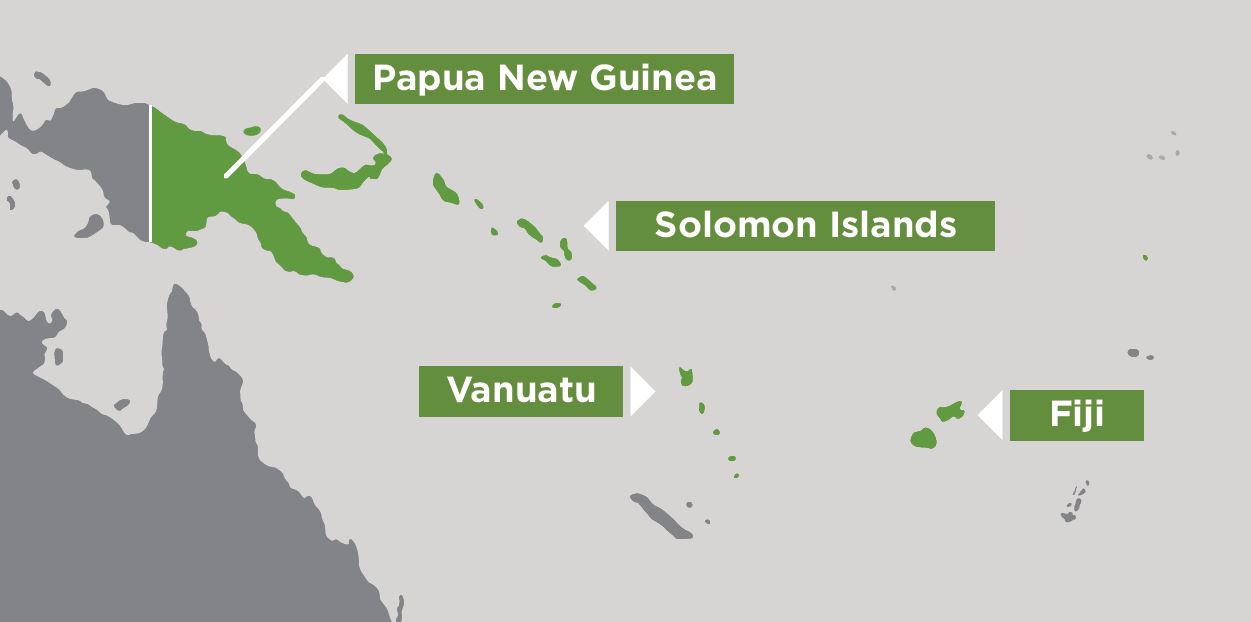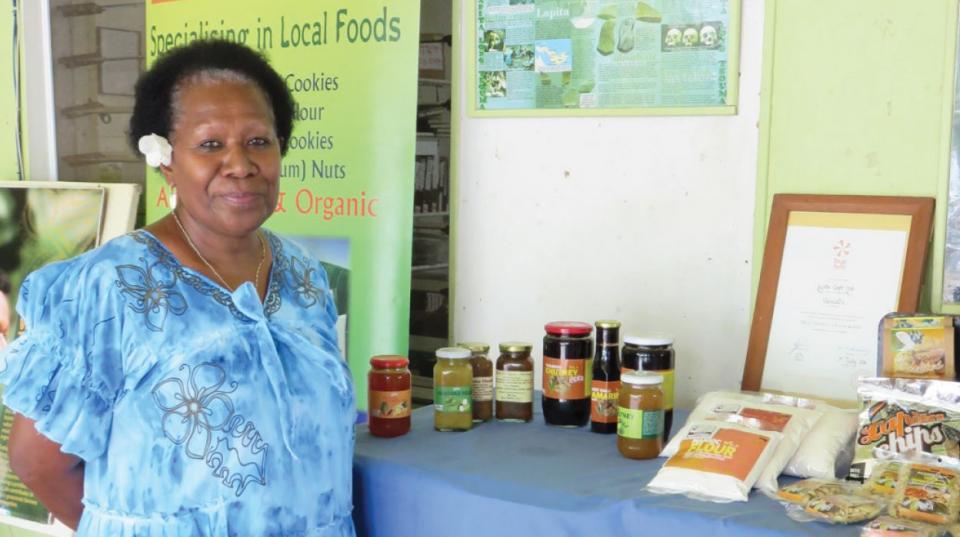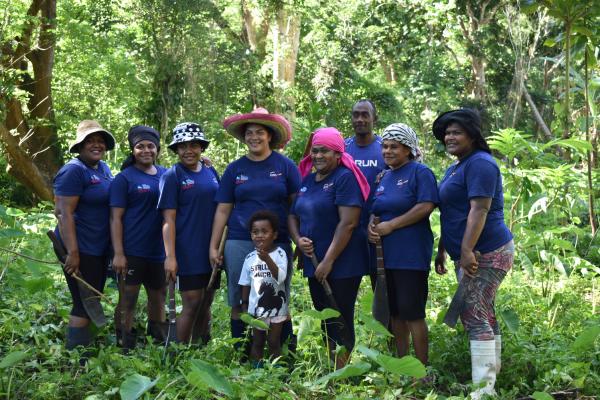Overview
This project aimed to benefit smallholders in the Pacific Islands by improving economic, social and environmental outcomes.
Approximately 80% of people in Papua New Guinea and the Pacific Islands live in rural areas and rely on agriculture, fishing and forestry for their livelihoods. Most smallholders are semi- subsistence farmers, with women often responsible for growing food. There is great potential to add value to primary products from agroforestry crops—a move that would help create jobs and enhance business opportunities for small and medium enterprises.
Tree crops can be integrated into agroforestry systems with other short-term crops, such as taro, sweetpotato and banana, to produce a quicker return on investment; however, there is little information on the performance of these integrated agroforestry systems in terms of the best species, crop production and economic and environmental benefits to smallholders.
Project outcomes
- Improved financial status of: smallholders, by providing access to the cash economy and a market for their products; women, by expanding opportunities to sell products and for paid work for fruit and nut processing; communities, by reducing crop losses from spoilage; processors, by building capacity in value-adding and producing products targeted to market needs; and regions, through import substitution.
- Increased environmental benefits in areas where new agroforestry systems are replanted to reduce erosion and the impact of floods.
- Created greater capacity in market analysis and value-adding and enhanced public-private collaboration in partner countries.








